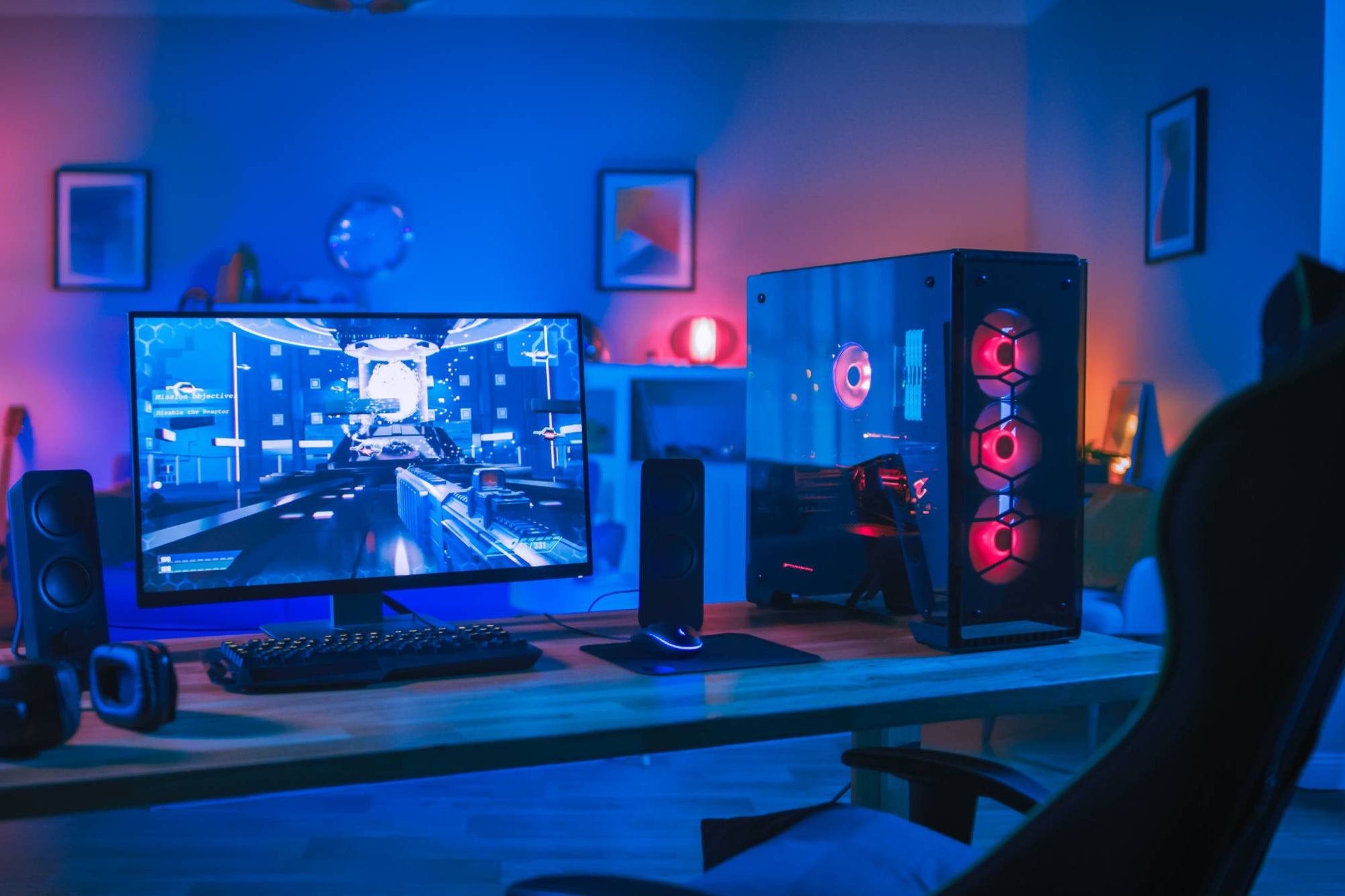Frequently playing computer games appears to reduce a teenager’s chances of going to university. At the same time, reading enhances the likelihood that they will study for a degree, according to Oxford University research that tracked 17,000 people born in 1970. Reading was also linked to career success, as the research finds 16-year-olds who read books at least once a month was significantly more likely to be in a professional or managerial job at 33 than those who didn’t read books at all.
There was a 39% probability that girls would be in a professional or managerial position at 33 if they read at 16, compared to a 25% chance if they had not. Among boys, there was a 58% chance of being in a good job as an adult if they had read as a teenager, compared to a 48% chance if they had not. Playing computer games regularly and doing no other activities meant the chances of going to university fell from 24% to 19% for boys and from 20% to 14% for girls.
Mark Taylor, of Nuffield College, Oxford, who carried out the research, said that results indicated “something special” about reading for pleasure. Even after accounting for class, ability, and the type of school a child attended, reading still made a difference. He said: “It’s no surprise that kids who went to the theatre when young get better jobs. That’s because their parents were rich. When you take these things into account, the effect that persists is for reading.”
Taylor, presenting the research at the British Sociological Association’s annual conference on Friday, suggested that other extra-curricular activities might prove more beneficial than computer games because they were either communal, like playing in an orchestra, or had a direct academic application, like reading. However, he added that times had changed in computer gaming: “The main thing I would highlight, because this was the 1970 cohort when they played video games in 1986, that’s not very many people. And the state of video games in 1986 is nothing like it is now.“

READ MORE :
- How video games have the power to change real lives
- Why is everyone covering up their laptop cameras?
- Five of the best apps for listening to podcasts
- 16 Most Controversial and Banned Apps You Really Need to Know About
- Why my dream of becoming a pro gamer ended in utter failure
Despite gaming reducing the chances of becoming a graduate, the research suggests teenagers who spend a lot of time playing video games should not worry too much about their career prospects. The research finds that playing computer games frequently did not reduce the likelihood that a 16-year-old would be in a professional or managerial job at 33. Taylor’s analysis also indicates that children who read books and did one other cultural activity further increased their university chances.
For 16-year-olds whose parents were working in professional or managerial jobs, the chance that a 16-year-old would go to university rose from 40% to 51% for boys and 38% to 50% for girls if they read books. If they read books and did another activity such as playing an instrument or going to museums, the chance of going to university rose from 40% to 70% for boys and from 38% to 68% for girls.
While reading helped people into a more prestigious career, it did not bring them a higher salary. He finds that none of the extra-curricular activities at 16 were associated with a higher or lesser income at 33. Taylor suggested that reading was significant because it improved the intellect of students or that employers felt more comfortable taking on someone with a similarly educated background. It might also be the case that children destined for better careers tended to read more, and there is no causal link.










